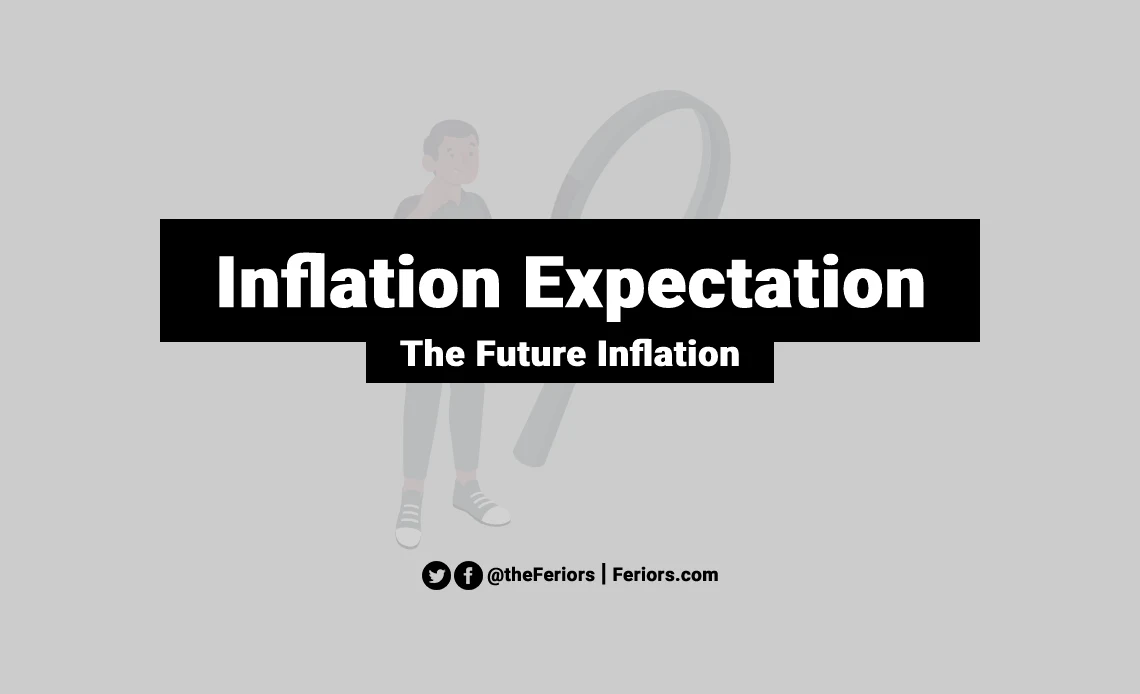What is Inflation Expectation?
Inflation expectation refers to the expected rate of inflation that consumers, businesses, and investors expect to occur in the future. It is a measure of the perceived long-term average rate of price increases in an economy.
Inflation expectations can affect the behavior of individuals and organizations in several ways. For example, if people expect inflation to increase significantly, they may reduce their spending and investments to protect themselves from the potential erosion of their purchasing power. Conversely, if people expect inflation to remain low, they may be more willing to make long-term investments or take out loans.
Inflation expectations can also affect the behavior of central banks, which use interest rates and other policy tools to manage inflation. If inflation expectations are higher than the central bank’s target, it may increase interest rates to bring inflation back down. On the other hand, if inflation expectations are lower than the central bank’s target, it may lower interest rates to stimulate economic activity.
what does Inflation expectation tell?
Inflation expectations can provide valuable information about the beliefs and expectations of economic agents about future price increases, as they reflect the beliefs and attitudes of households, businesses, and investors. These are the reason why policymakers and market participants closely monitor inflation expectations to gain insights into future economic conditions and make informed decisions.
Future inflation trends: Inflation expectations can provide an indication of the direction and magnitude of future inflation. For example, if inflation expectations are high, it may signal that prices are likely to rise in the future.
Monetary policy: Inflation expectations can influence the actions of central banks. If inflation expectations are above the central bank’s target, it may need to take steps to reduce inflationary pressures, such as raising interest rates.
Investment decisions: Inflation expectations can also influence investment decisions, as investors may adjust their portfolios to protect against inflation. For example, they may invest in assets that are expected to perform well during periods of inflation, such as commodities.
Wage setting: Inflation expectations can also influence wage-setting decisions by employers and workers. If workers expect higher inflation, they may demand higher wages to maintain their purchasing power, which could lead to higher inflation.
Inflation Expectation Publishers
Federal Reserve Bank of St. Louis: The Federal Reserve Bank of St. Louis publishes data on various measures of inflation expectations, including surveys of households and professional forecasters, as well as market-based measures.
Federal Reserve Bank of Cleveland: The estimates are calculated with a model that uses Treasury yields, inflation data, inflation swaps, and survey-based measures of inflation expectations.
University of Michigan: The University of Michigan conducts monthly surveys of consumers to measure their expectations of inflation over the next 1-5 years. You can find the results of these surveys on their website.
Bloomberg: Bloomberg provides access to a wide range of inflation expectations data, including surveys, market-based measures, and models.
Central bank websites: Many central banks publish inflation expectations data on their websites. For example, the European Central Bank (ECB) and the Bank of Japan (BOJ).
Economic research firms: Various economic research firms, such as Oxford Economics and IHS Markit, also provide inflation expectations data as part of their research reports.



